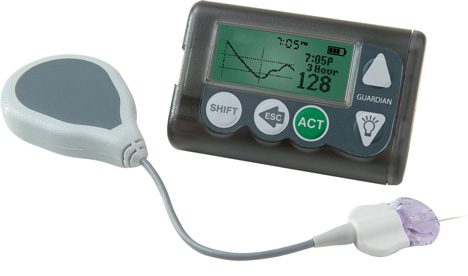Being diagnosed with diabetes can be a life-changing event for many, especially if you’ve been working hard to stay healthy and exercise regularly. Many people often feel confused and concerned after an initial diabetes diagnosis, wondering how this disease might affect their lifestyle and regular activities. If you or someone you know has recently been diagnosed with diabetes, it’s important to speak with a diabetes expert as soon as possible.
Assembling Your Diabetes Care Team
The first step after being diagnosed with diabetes is to organize your diabetes care team. This can include any combination of health professionals including your primary care physician, endocrinologist, registered dietician, certified diabetes educator (CDE), social worker, eye doctor, podiatrist, pharmacist, dentist, or exercise physiologist. Depending on your particular situation, you may not require assistance from all of these roles, but initially you may need diabetes management education that can come from your primary care physician, endocrinologist, or certified diabetes educator. It is also common to have regular appointments with your diabetes doctor to go over your condition, experiences, questions, and blood glucose management history. They will assist you in the next step of responsible diabetes management: developing a diabetes care plan.
Diabetes Management Plan
It’s important to work with your care providers on a comprehensive diabetes care plan that works to fit your lifestyle. Having a management plan can help you feel more in control of your diabetes, your body, and your life. Most care plans are tailored to the specific person and usually involve some combination of blood glucose monitoring, medication, dietary changes, and exercise. You doctor or CDE will be able to help you plan and coordinate what aspects of a care plan are most important for you and your body.
Blood Glucose Monitoring
An important aspect of any diabetes care plan is blood glucose monitoring, which allows you to review and track trends in your blood sugar with your doctor. Understanding how your body metabolizes blood sugar throughout the day and after meals or exercise is crucial to preventing dangerous hyperglycemic (high blood sugar) and hypoglycemic (low blood sugar) events. If it’s determined that you require additional insulin to stabilize your blood sugar, your doctor may recommend an insulin pump with CGM integration. Some insulin pumps even integrate with CGM systems that do not require a fingerstick for operation and are more user-friendly.
Dietary Changes
If you have diabetes, it will be necessary to monitor your blood sugar around meals to make sure that it remains in a healthy target range. Certain foods can affect your blood glucose levels more than others and your diabetes care team will be able to provide additional guidance about how you can adapt your diet to your lifestyle and your diabetes for optimum health.
Other Lifestyle Changes
Depending on several factors, you may have to take additional precautions when driving or exercising to ensure your safety, should you experience a dangerous hyperglycemic or hypoglycemic event. Your diabetes care team will be able to assess your situation and provide you with any necessary information so that you enjoy a healthy, productive, and happy life with your diabetes management under control. If you have any questions about diabetes or adapting to your new diagnosis, speak to your doctor today.


